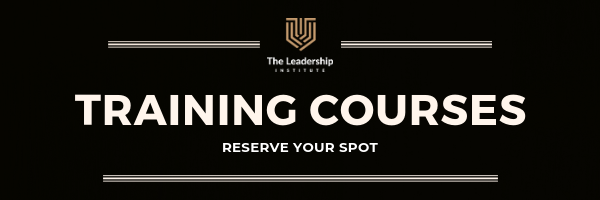Here are 5 things that you can do as a leader to foster effective collaboration and camaraderie for your newly setup remote team.
“Remote work” is now just “work” in the age of forced social distancing due to the COVID19 pandemic – when people are forced to limit all interactions to a device in order to get the work done.
Now that getting together in a room is a potential health risk – how can you help your team overcome social isolation and succeed in the new normal of remote collaboration?
1. Turn up the energy
You need to ensure that everyone is energised to communicate and collaborate. In online meetings and classrooms for example, you have to do more to enliven the conversation to make up for the lack of in-person interaction.
2. Establish communication structures
There are certainly distractions and physical limitations to remote work that make collaboration challenging. You can no longer expect the same level of focus you once had when the whole team was in the office.
As a leader, you need to establish a structure for the team’s activities – when and where do you do check-ins and how often – so that the team is aligned and on-task. This is where you need to take full advantage of digital workspaces like Slack and MS Teams to make sure that everyone is on the same page.
3. Communicate visually
Get your team to absorb and engage with your message by becoming a visual communicator – using compelling video content, graphics and animations on your presentations. There’s a library of free visual assets and tools available online to help you get more creative in communicating your intent.
4. Encourage continuous learning
As a leader, you’re not just implementing business-as-usual activities online, you also need to think about how your team is growing in this new space. How are you managing the implementation of new ideas and strategies once the team goes offline? Leaders need to match virtual lessons and instructions with real-world scenarios to help their teams transfer new knowledge into serviceable skills.
5. Make it fun
Finally, you must find a way to keep the team spirit alive by making time for an online team party. No work agenda, just one hour in the work week to socialise. For example, end the week to celebrate team wins, no matter how small, over beer and pizza.
Learn the right approach on engaging and supporting your remote team through a crisis by reserving your spot for the CORONA VIRUS LEADERSHIP SURVIVAL LIVE WEBINAR SERIES, featuring AIDAN PARSONS, CEO, Keystone Executive Coaching.
Engage in learning virtually and develop the skills for effective and inspired leadership wherever you may be. Get tickets to LIVE video streaming of The Leadership Institute’s Training and Events today.







